- +033 2572 7171
- info@dhanvantary.com

4.5 Rating | 4500 Review

4.5 Rating | 4500 Review
Dysfunctional Uterine Bleeding (DUB) is abnormal bleeding from the uterus that is not caused by pregnancy, infections, fibroids, polyps, or other medical conditions. It usually happens due to hormonal imbalances, especially in women of reproductive age or around menopause. The bleeding may be too heavy, last too long, or occur at irregular times outside of normal periods.
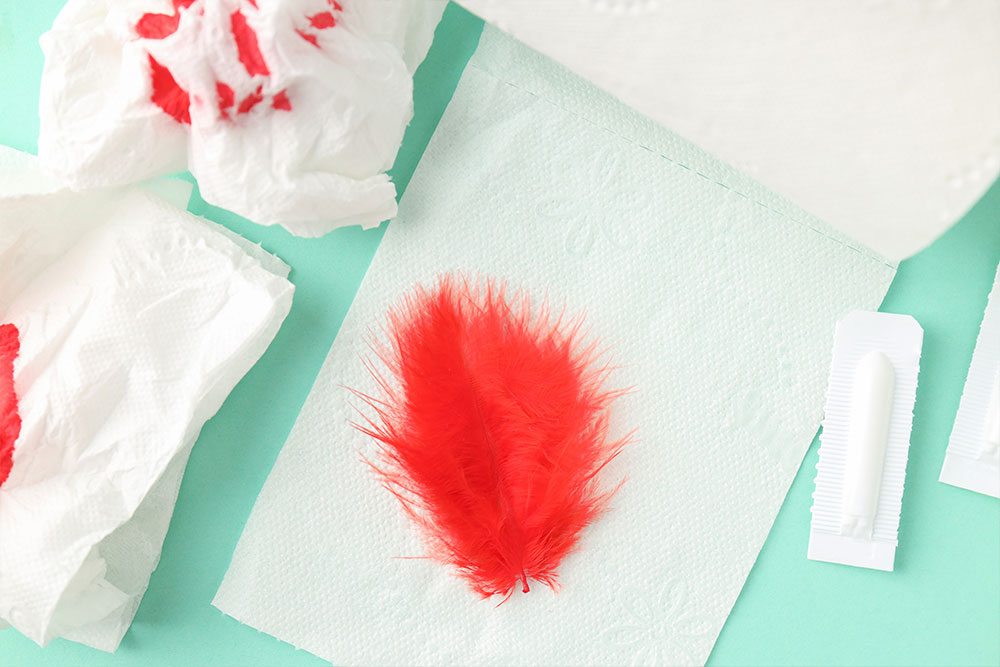
As per Ayurveda, DUB can be linked to imbalances in the Doshas—mainly Pitta and Vata, although in some cases imbalanced Kapha also may contribute to the pathology. The condition is often compared to "Asrigdara" (excessive bleeding disorders).
Disruption in the levels of oestrogen and progesterone, which regulate the menstrual cycle, can lead to abnormal bleeding. Such hormonal fluctuations are very common during pregnancy and menopause.
When the ovaries fail to release an egg (no ovulation), the hormone balance is disturbed, causing irregular or heavy bleeding.
This condition causes irregular periods and is often linked to hormonal imbalance and anovulation.
Excess body fat can lead to higher levels of estrogen, which can disrupt the menstrual cycle and lead to heavy bleeding.
Both hypothyroidism (underactive thyroid) and hyperthyroidism (overactive thyroid) can affect hormone levels and cause abnormal bleeding.
Although DUB is not caused by infection, inflammation of reproductive organs can aggravate hormonal function, contributing to abnormal bleeding.
Physical or emotional stress can interfere with the body’s hormonal regulation and trigger abnormal bleeding.
Some medications, like blood thinners, hormonal birth control, or antidepressants, can cause abnormal uterine bleeding.
Excessive consumption of spicy, sour, and hot foods: These increase Pitta, leading to more bleeding.
Staying up late at night, over exertion, eating less or dry foods, Physical exertion etc. can lead to aggravation of Vata which can lead to excessive or irregular bleeding.
Cycles may be shorter or longer than usual.
Excessive flow during periods.
Periods lasting longer than 7 days.
Bleeding in between menstrual cycles.
Due to excessive blood loss.
Signs of iron deficiency from prolonged bleeding.
Overeating sweet, fatty, and heavy foods, excessive dairy, and cold foods can disrupt digestion and increase Kapha.
CBC test to check for anaemia (due to blood loss) and infection, Hormonal assays to find imbalance in hormones such as oestrogen, progesterone, FSH, LH, thyroid function etc. Bleeding time and Clotting time to rule out any Coagulation abnormalities.
May be needed sometimes. A thin, lighted tube is inserted through the cervix into the uterus to visually inspect the uterine cavity for polyps, fibroids, or other structural problems.
A small sample of the uterine lining (endometrium) is taken to check for abnormal cells, infection, or cancer, especially in women over 35 or postmenopausal women.
In some cases, a D&C may be performed to scrape the uterine lining and obtain a sample for further testing, particularly if the bleeding is severe or persistent.
Consume cooling foods like coconut water, cucumber, melons, pomegranate, and leafy greens. These help reduce excess Pitta, which is often associated with heavy bleeding.
To combat anaemia from heavy bleeding, include beetroot, spinach, raisins, lentils, sesame seeds, and other iron-rich foods.
Spicy, sour, and hot foods: Such as chili, vinegar, sour fruits (e.g., tomatoes, citrus), and fried foods. These aggravate Pitta and worsen bleeding.
Establish a consistent sleep routine by going to bed early and waking up early. Lack of sleep or erratic sleeping patterns can aggravate hormonal imbalances and worsen DUB.
Engage in light, low-impact activities like walking, or yoga. Avoid strenuous exercises that can increase Vata.
Panchakarma therapies like Virechana (purgation) or Basti (enema) can be helpful under an Ayurvedic physician's guidance to detoxify the body, balance doshas, and improve health.
Meditation, Pranayam, and Shirodhara and Abhynaga.
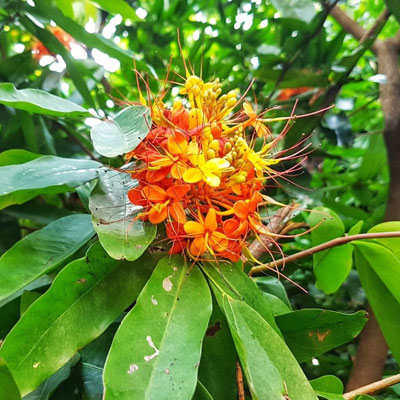
Astringent, cooling, and anti-inflammatory. It is known as one of the best herbs for uterine health. It helps regulate excessive bleeding, balances Pitta, and tones the uterine muscles.
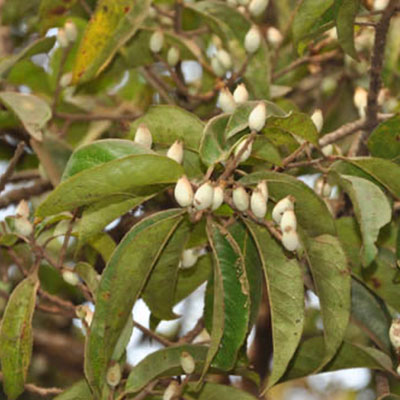
Astringent and anti-inflammatory.
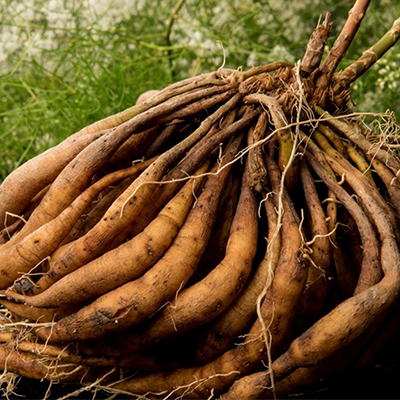
Cooling, nourishing, and adaptogenic.

Astringent, cooling, and styptic.
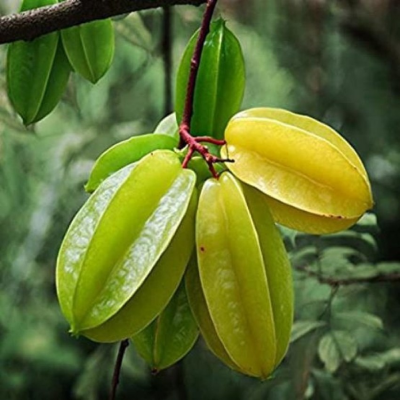
Astringent and hemostatic (stops bleeding).


Immunomodulatory, anti-inflammatory, and cooling.
